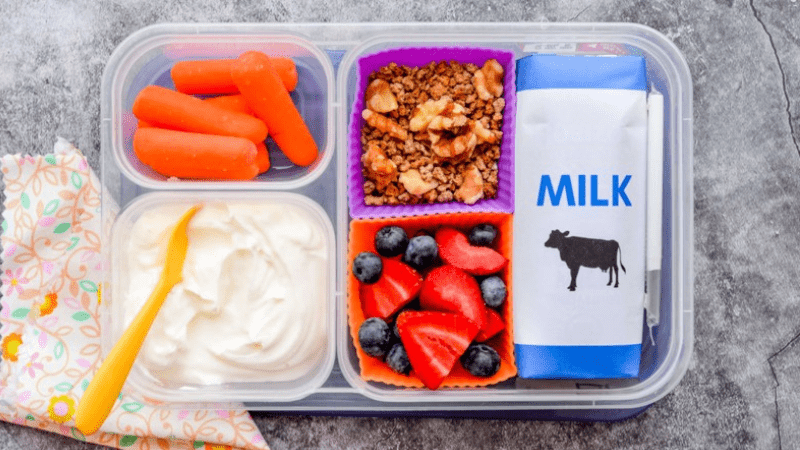According to a report by UNESCO, providing school meals has been found to increase enrollment by 9% and attendance by 8%.
The report also highlights the impact of deworming and micronutrient supplementation in areas where anemia and infections are prevalent, leading to students staying in school for an additional 2.5 years.
FrieslandCampina partners with University of Education to launch ‘School Milk Program’
Creating a safe and violence-free learning environment also leads to students being 50% less likely to skip school. Improving water, sanitation, and hygiene, particularly for girls during menstruation, has been found to reduce absenteeism in low-income countries.
The report emphasizes the need for innovative approaches to address the complexities of food security and support agricultural development in the farming community.
In addition to school meals, the report highlights the importance of promoting eyecare, mental health, and well-being of children, as well as preventing school violence.
Such measures can result in a significant return on investment for countries and have a positive impact not just on children and adolescents, but on their homes and communities as well.
